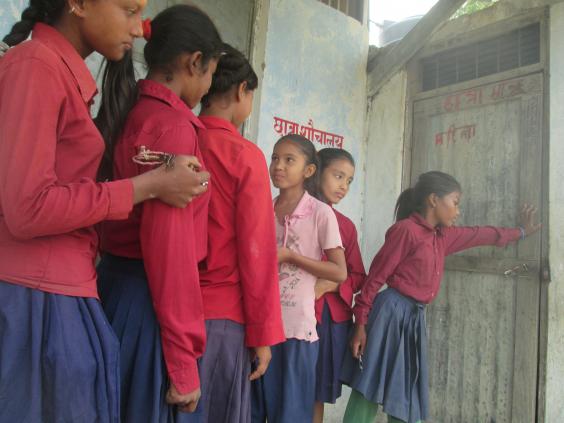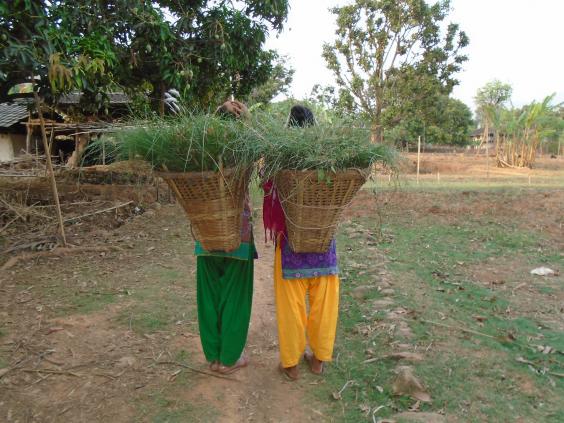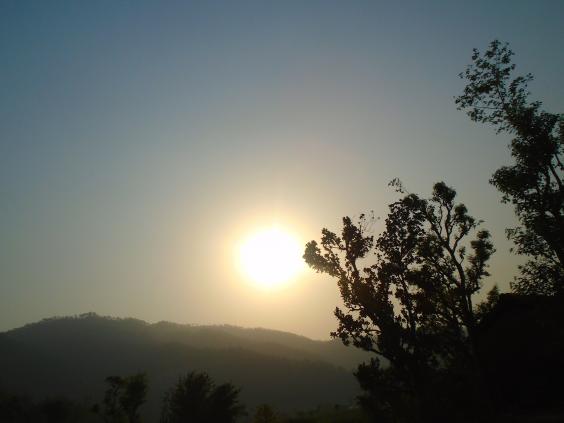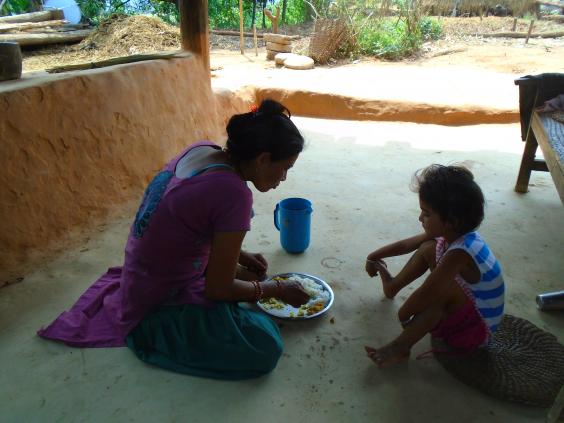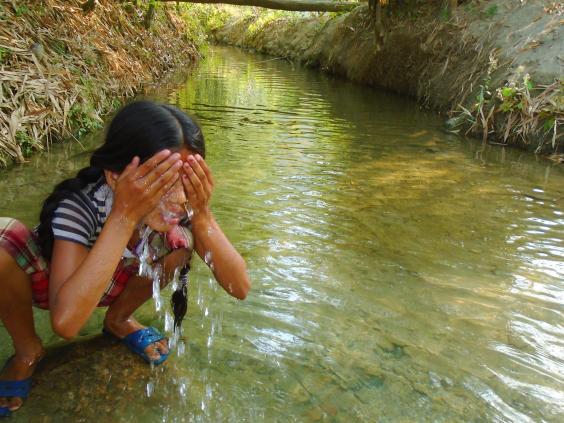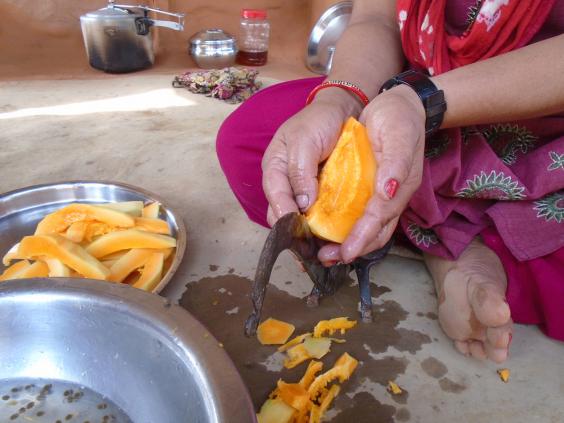
Stigma around menstruation in rural Nepal can result in poor-health and lack of education for women, but 7 girls from Sindhuli have fought back - with photography
Teenage Nepalese girls from Sindhuli, 130 kilometres southeast from Kathmandu, took pictures to document the restrictions imposed upon them during their periods as part of a campaign by charity WaterAid, challenging taboos and improving female sanitation.
Every month in Nepal, the girls are separated from their families, forbidden from looking at the sun, touching fruit and flowers and even staying in their own homes. In Nepal girls during their periods are considered to be ‘impure’ or ‘contaminated’.
The tradition is called Chhaupadi, popular in western-nepalese hindu communities, it is common for girls to remain excluded from interaction with the family for up to 6-10 days, childbirth can also result in a 10 day exclusion.
It comes from a superstition of impurity, with the logic that if women touches things it will pass on that impurity and provide bad-luck or illness. Women are barred from consuming meat, dairy, fruit and vegetables through the fear that their menstruation will ruin the produce.
Instead they are forced to live off rice, salt and dry foods. This is an imputation that can be detrimental to girls education, mental/physical health and role in the community. Chhaupadi was outlawed by the Supreme Court of Nepal in 2005, however it is still commonplace in rural communities.
Manisha, 14, who took part in the project explained the limitations put on her during her when she began her first period: “I stayed at someone else’s house during my first period. I wasn’t allowed to go to school and, on top of that, I wasn’t allowed to even read a book. It was a wrong belief that we shouldn’t study during menstruation”
The girls, who had never used a camera before, were given the opportunity to exhibit their work in the community, to their friends and family in order to facilitate discussion around menstrual taboos. Giving girls a voice in a country where 58% of women are illiterate.
Barbara Frost, WaterAid’s chief executive shared the charities motivations to conduct the project: “The silence and stigma that surround menstruation impinges on girls’ everyday lives. Furthermore, when there are no safe, private toilets in schools, girls often skip school during their period, or drop out of school altogether once they reach adolescence. With nowhere hygienic to clean sanitary pads or wash, women and girls also risk infection”
“Being able to deal with periods in a hygienic and dignified way is crucial to women’s wellbeing. It helps women feel that they are able to play a full role in society, no matter what time of the month."
28th May is International Menstrual Hygiene day, which aims to challenge stigma around periods across the globe and raise awareness for menstrual hygiene. This project was part of a Uk aid programme WaterAid are running across Nepal, to improve girls' ability to manage their periods. For more information visit: www.wateraid.org


